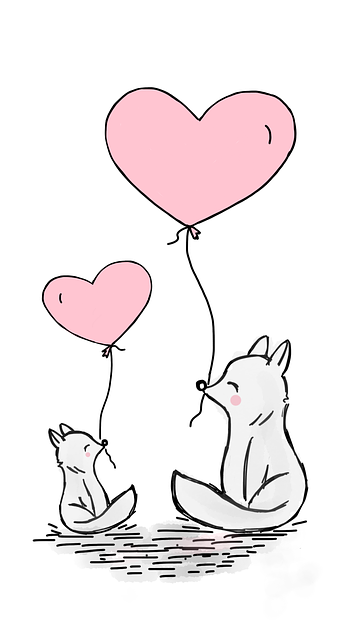Resentment is the feeling that you’re being neglected, treated unfairly, or not getting the respect or appreciation you deserve. It’s been compared to drinking poison but waiting for the other person to die. It eats at you, sometimes for years on end, but the only one who suffers is you.
Here are 5 important tips to help you avoid one of the most toxic elements in any relationship we call resentment:
1. Ask, instead of assuming
We’re all busy, juggling many things at once, so much so that we take what’s important for granted, especially with those who are closest to us. Sometimes life gets in the way of us feeling cared for and loved, even to the point of living with personal integrity.
We ignore what’s bothering us because it’s easier, hoping it’ll go away on its own or magically disappear into thin air. Yet ignoring issues like this doesn’t make them go away, it makes them grow until they’re too big to handle. That’s when the state of your relationship really starts to feel the weight of these problems.
And you know it’s there, but you don’t know what to do about it. Many times, we don’t bring up certain issues because we’re afraid to confront our loved ones and shy away from conflicts. But by doing this, you’re pushing away your partner without actually realizing it and this is one way that resentment builds up.
2. Be part of the solution, not the problem
Putting blame won’t get you anywhere; in fact, most times it just makes things that much worse. Instead, work at overcoming your anger and hatred so you can reach an agreement. Showing empathy is a big part of this process, especially after an argument because it tells your partner that you understand how they feel and why they did so-and-so. Empathy really goes a long way.

3. Give each other some space
Early in your relationship, you can’t imagine going an hour without texting each other or hearing each others’ voices, let alone a whole day. But as you mature into the relationship, it’s wise to find something you enjoy doing on your own.
This maintains your sense of self, while giving you something to chat about, so it’s a win-win. Taking some “me” time and distancing yourself could be something you do once a week, or once a month, the point is to make yourself a priority during that time so you came back into the relationship with fresh eyes and a sense of longing.
4. Don’t let small things grow and fester

Wouldn’t it be so much easier if your partner just apologized when appropriate? Life would be so simple and lovely, and a romance movie. But it’s not always like that. It’s normal to have arguments, big and small.
Feeling anger and hurt on occasion is also alright. But don’t sit on these feelings, waiting for that perfect moment to let it all out. You and your partner should be each other’s supporter and shoulder to lean on through troubled times. Remember, you’re on the same team.
5. Communicate
Talking and listening requires a bit of vulnerability, which can be difficult at times, especially if you harbor feelings of mistrust or resentment. But there’s no way around it, opening up is crucial in a healthy relationship.

Talk honestly with your partner and ask to be really listened to. And it’s important to listen without judgment when it’s your turn to be attentive to your partner. Practicing these confidence-boosting techniques will bring you and your loved one closer together.
It’ll also help break any barriers either one of you had put up as a defense mechanism because, let’s be honest, we have to be on our guards every time we leave the house, at work, at the mall, on the street. So why do we make it even harder on ourselves and keep our guard up even at home, with our partner?
Relationships need work and constant care. That’s where people make the mistake of forgetting about the small details of everyday life. We just say or do something without thinking it through.
But the truth is it does matter and over time, some of these things linger and fester into something ugly that brings out the bad in everything, and ultimately suffocates any good relationship. Resolving issues before they get out of hand is the key to avoiding resentment and enjoying a happy, healthy relationship.



